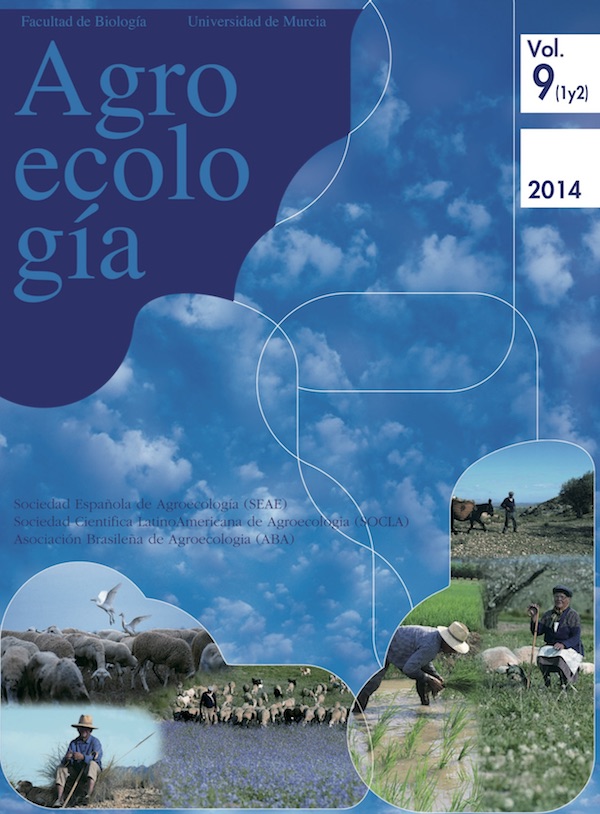Landless urban and peri-urban agriculture in Veracruz, Mexico
Abstract
The objective of this study was to test four containers (elevated substrate bed “Furnace Type”, bamboo bed substrate, vertical pots, and “hanging” sleeves) for landless urban agriculture, and evaluate their adaptation under the tropical conditions of Veracruz, Mexico. This system is ideal for small spaces, social housing or located in marginalized areas lacking a yard or fertile land. The containers are small structures built from cheap and recycled materials, which are of easy acquisition and processing, and can be placed on balconies, patios and cement pots both in private or public spaces and on school plots. Containers use a mixture of substrates consisting of soil, peat moss, and vermicompost, in order to provide anchoring, porosity and nutrition. Agronomic management is simple and the production is organic. Vegetables, fruits, leaves and tubers can grow in substrate beds as well as condiments, aromatics and culturally convenient species do in vertical containers. Diversification, staggered planting and transplanting allows for harvest and consumption year-round. Comparative economic analysis showed a good return on investment in all containers, but more importantly, the use of these containers promote good nutrition and decrease home spending on food purchases.Downloads
Las obras que se publican en esta revista están sujetas a los siguientes términos:
1. El Servicio de Publicaciones de la Universidad de Murcia (la editorial) conserva los derechos patrimoniales (copyright) de las obras publicadas, y favorece y permite la reutilización de las mismas bajo la licencia de uso indicada en el punto 2.
2. Las obras se publican en la edición electrónica de la revista bajo una licencia Creative Commons Reconocimiento-NoComercial-SinObraDerivada 3.0 España (texto legal). Se pueden copiar, usar, difundir, transmitir y exponer públicamente, siempre que: i) se cite la autoría y la fuente original de su publicación (revista, editorial y URL de la obra); ii) no se usen para fines comerciales; iii) se mencione la existencia y especificaciones de esta licencia de uso.
3. Condiciones de auto-archivo. Se permite y se anima a los autores a difundir electrónicamente las versiones pre-print (versión antes de ser evaluada) y/o post-print (versión evaluada y aceptada para su publicación) de sus obras antes de su publicación, ya que favorece su circulación y difusión más temprana y con ello un posible aumento en su citación y alcance entre la comunidad académica. Color RoMEO: verde.





